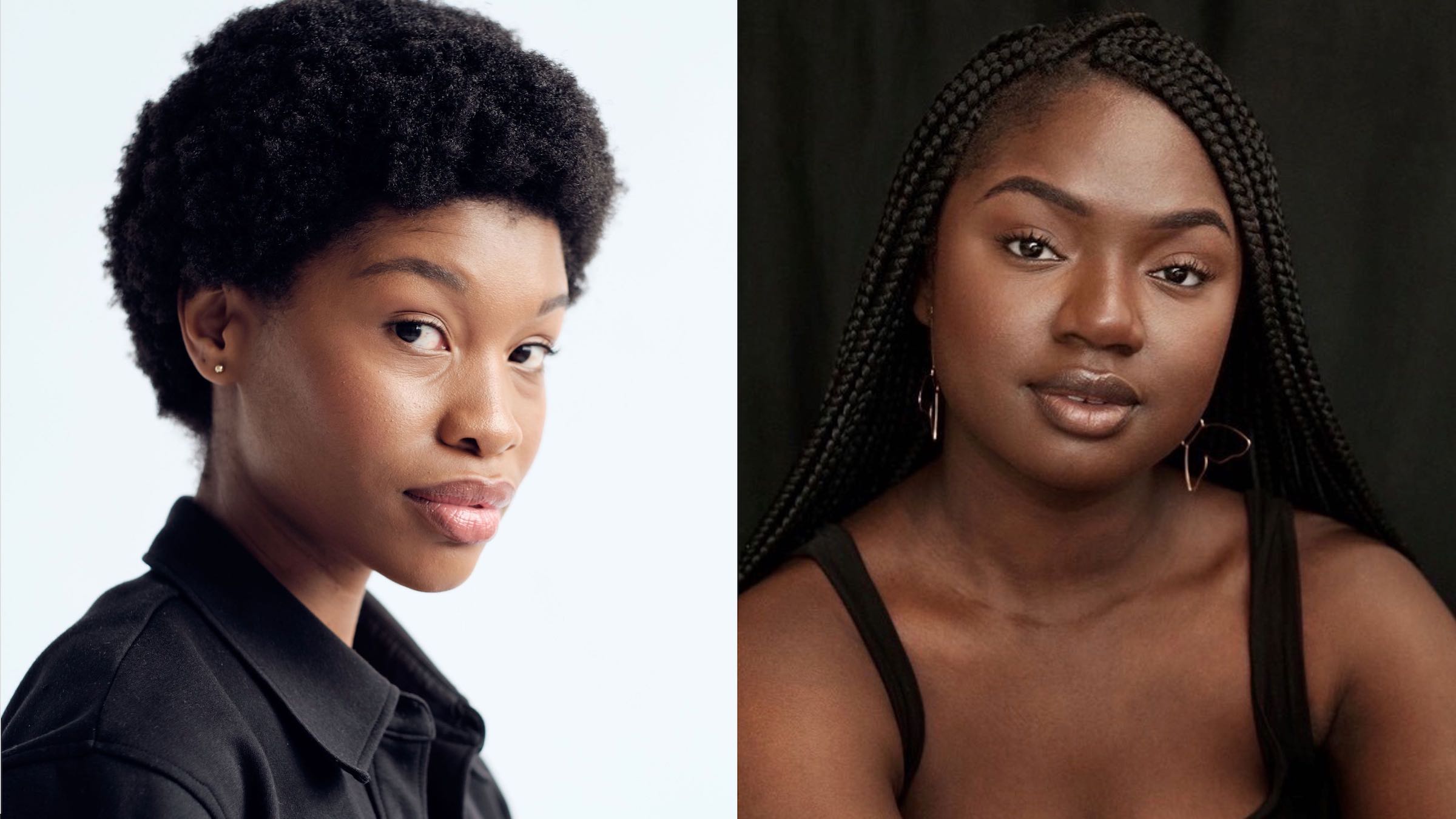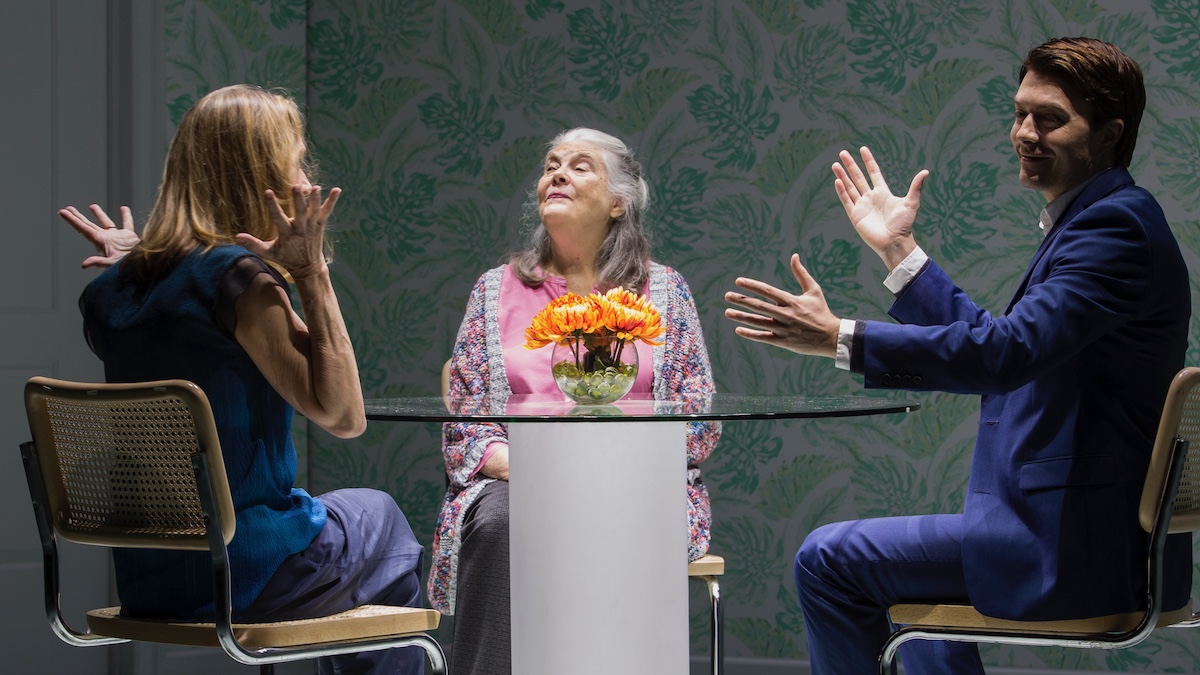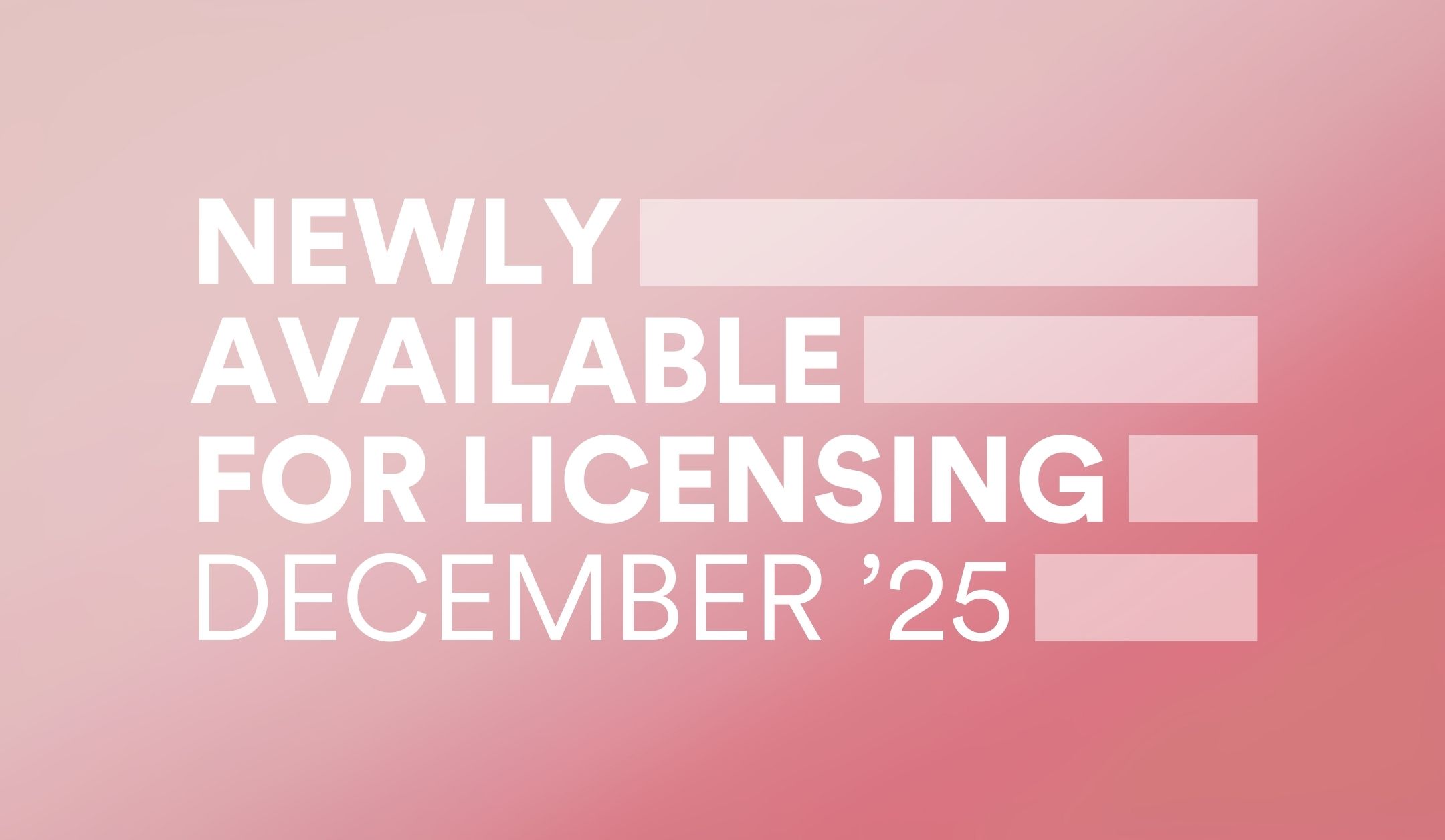
Is God Is (US/UK), the breakout hit by playwright Aleshea Harris, is a triumph for the Australian theatre scene in a current Melbourne Theatre Company and Sydney Theatre Company co-production. The stars of the production, Henrietta Enyonam Amevor and Masego Pitso, are best friends in real life and on stage, where they play twin sisters Racine and Anaia. The two sat down with Clare Rankine of Concord Theatricals to talk about the epic journey created by Aleshea and “molding into a twin blob.”
Tell Breaking Character about your friendship. Where did you meet?
Masego Pitso: We’ve gone back and forth on this so much. However, we do know that we had known of our existence because we’re both Black and grew up in the Western suburbs of Sydney. I think the universe conspired for us to meet and work together. We have so seamlessly molded into this twin blob.
Walk us through the audition process for Is God Is.
Masego: I received the email about the show and I was to audition for both roles. I read the script and I was fired up. Ha! Aleshea did a number on this piece – it is phenomenal and so BIG and fun. I had the opportunity to audition for both roles – however, after the first read I was immediately drawn to Racine. It was a very warm audition process from the solo to the callback with Henrietta. It was a joy to work with Henrietta. She has an incredibly open energy, and we were able to run the scene a number of times and find the rhythm that we have naturally in the piece. The directors and casting directors facilitated a space that we felt we could put forward our best work.
Henrietta Enyonam Amevor: When I first got the audition, a year before the show opened, I said to myself, “I have to be Anaia.” She’s the character I’d been waiting for at the time, a character full of depth, heart, something I can immerse myself in and bring to life. The audition process happened at Sydney Theatre Company. I had first auditioned alone and felt good about the work that I had done. I just felt like I gave it my best. Then Zindzi and Shari messaged Masego and I on Instagram and said, “Hi! We heard you both are friends and would love for the both of you to call back together.” Immediately we got on the phone and said “WHAAAATT!!????” We didn’t even know each other were auditioning! So, with even more excitement knowing that we’re doing this together, we got to work on our callback. A few months later we were told that I would be Anaia, and Masego would be Racine.
“I constantly remind myself that this play is a play about humanity. It’s one that anyone with a heart can resonate with, forget skin color.”
Just as theatre in New York and Los Angeles is different, so is the theatre scene in Melbourne and Sydney. Tell us about the power the play holds for new audiences. What were the reactions of the audience inside the theater in Melbourne? Were there moments that surprised you? And for the upcoming Sydney audience, what do you think the reactions will be?
Masego: This play is EPIC, it is set to blow away all audiences, those new and old. However it is an incredible play to see as your first due to the epic proportions of it. It is refreshing and invigorating for audiences to see first how nuanced Blackness is and for a story with Black people in it that is not centered on whiteness. Melbourne audiences really enjoyed the play and leaned into the magnitude of the story and action. The piece is epic while also being heart shattering. I loved hearing where different audiences laughed – often you would hear people laugh and immediately stop themselves. I loved Melbourne, it was different every night, some audiences were vocal while others were not. However, the one consistent thing about Melbourne is that they were engaged – they were on the journey with us. The Community Engagement team did a phenomenal job at opening the space up to people who may not usually attend shows, adding to the energy in the space… there was a readiness for the show. Now Sydney? I know my community will enjoy the show, and those beyond that will be engaged. Yet if they’ll be as vocally responsive as the Melbourne audience… now, that I don’t know.
Henrietta: I know that Melbourne Theatre Company and Sydney Theatre Company have subscriber lists that have a whiter and older demographic, and at first I worried that the play wouldn’t be received well or understood. However, I constantly remind myself that this play is a play about humanity. It’s one that anyone with a heart can resonate with, forget skin color. Nevertheless, I’m looking forward to more of my friends and community seeing the play in Sydney. So many people are excited to see it, I can’t wait to do it all over again! The show entirely decenters whiteness and gives Black actors the chance to just be on stage. For audiences, that’s pretty powerful. It gives audiences the chance to see Black characters on stage not solely from a lens of race, but a lens of humanity. This play counteracts that idea that a play with all-Black characters must exist to educate audiences on the Black experience. I knew the play was funny, but I didn’t realize how important the humor was in order for the audience to be looked after in a play like this. We’re playing some tough themes on stage; violence, revenge, anger, fear. Humor was necessary to give the audiences a chance to pause, to laugh, to breathe, and also to be reminded that this is a play about real life. This real life where tragedy, humor and love are so often interlinked.
“Harris gives us this epic, wild, relentless journey to embark on, one that is boundless in its pursuit. She did not hold back at all when creating this world – it’s an honor to be able to bring it to life.”
How did your friendship lend itself into your onstage sisterhood?
Masego: Henrietta is my girl; we have such a beautiful natural dynamic that is built on trust. And we vowed to hold each other in our friendship, and that translated into the process. It made the rehearsal process fun and safe because we knew we had each other. We grew together into our characters, and the dynamic they had funnily enough was very similar to ours. What you see and feel on stage is real in regards to our love and care for one another. I felt it deeply.
Henrietta: We were able to be one hundred percent honest with each other. On nights where we didn’t feel connected we’d tell each other. We’d say, “I don’t feel connected to you tonight” and take a moment to talk through it before we went on the stage. We’d talk about how we were feeling, encourage each other, pray with each other, send lovely messages to each other, and keep each other in check. This, I feel, was my saving grace during the run; I’ll never not be grateful for it. It also meant that when we went onstage as Anaia and Racine, we were moving from the energy of Henrietta and Masego.
What do you think of the world that Aleshea created in Is God Is and her other plays, On Sugarland (US/UK) and What to Send Up When It Goes Down (US/UK)?
Masego: From the first read I was captivated – the story draws you in and presses on you until the last page. The world Aleshea created is EPIC. I know that epic is a word I have used throughout this interview, but it truly does explain the magnitude of the story.
Henrietta: Aleshea Harris creates a world where Black actors have the chance to just exist as they are. Real humans. One of my favorite things about this play is the fact it’s about crazy, awful, heartbreaking, funny, loving, tender moments that happen to characters who just happen to be Black. It’s a special world to bring to life, because it’s a peek into how Black people live. Just as we are! We’re only reminded of our Blackness when the world reminds us of it. Other than that, we just exist. That’s the world that Harris sets up for us first through her writing. Harris gives us this epic, wild, relentless journey to embark on, one that is boundless in its pursuit. She did not hold back at all when creating this world, it’s an honor to be able to bring it to life.
To license a production of Is God Is or other plays by Aleshea Harris, visit Concord Theatricals in the US or UK.
Header Image: Masego Pitso (Photo: Richmond Kobla Dido) and Henrietta Enyonam Amevor (Photo: Nicole Schumacher)

Inspired by True Events: A Conversation with Playwright Ryan Spahn

Plays About Technology

